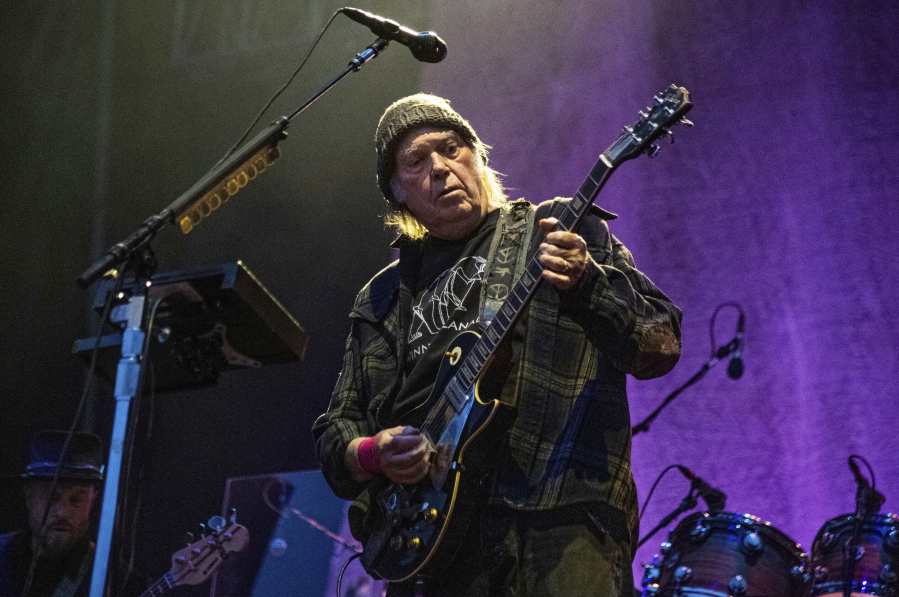NEW YORK — Neil Young has become the latest musician to strike gold with his song catalogue, selling a 50 percent stake in his music to a British investment company in a deal announced on Wednesday.
The Hipgnosis Songs Fund said it had acquired half of the copyright and income interests in some 1,180 songs written by the 75-year-old rock star, composer of “Heart of Gold,” “Rockin’ in the Free World” and “Cinnamon Girl.” Terms were not disclosed.
The deal comes a month after Bob Dylan sold publishing rights to more than 600 songs to the Universal Music Publishing Group for a reported fortune of between $300 million and a half billion dollars. Stevie Nicks sold an 80 percent stake in her music to Primary Wave for a reported $100 million.
Merck Mercuriadis, founder of Hipgnosis Songs Fund Limited, said that he bought his first Neil Young album when he was seven years old.
In an industry where music sales have dwindled and the concert industry is on hold due to the coronavirus pandemic, song publishing is seen as an increasingly valuable asset. The companies generally push for use of an artist’s songs in movies, video games and advertising.
The latter use has been a sticking point for Young, whose 1988 song “This Note’s For You” sharply criticized artists who leased their music for advertising campaigns. The accompanying video parodied ads that featured Michael Jackson and Eric Clapton. In the song, Young sang: “Ain’t singin’ for Pepsi, ain’t singin’ for Coke. I don’t sing for nobody. Makes me look like a joke.”
In the years since, it has become much more common for musicians to earn income through advertising campaigns. But at least through 2016, Young continued to resist having his music used this way, according to Rolling Stone magazine.



